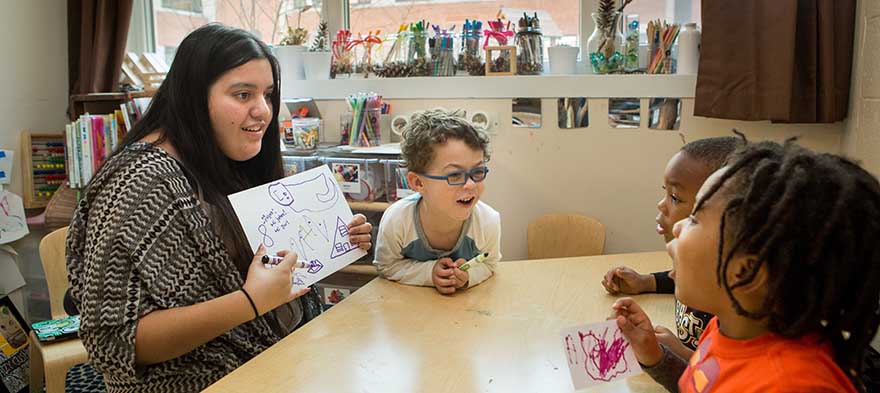
Mar 8, 2018 12:00:00 AM
Robert Pianta is the Dean of the Curry School of Education, Novartis U.S. Foundation Professor of Education, Professor of Psychology and founding director of the Center for Advanced Study of Teaching and Learning at the University of Virginia. His interests are at the intersections of education and human development. He has done work to change how educators think about teacher-student interactions, and how these interactions contribute to student learning and development.
Few issues in education spark more tension and debate than standardized testing. Are they a tool for equity or a burden on students? A necessary check on school systems or a flawed measure of...
Charter schools are public schools with a purpose. Operating independently from traditional school districts, they're tuition-free, open to all students, and publicly funded—but with more flexibility...
Despite the benefits of a diverse teaching force, prospective teachers of color fall out of our leaky preparation pipeline at every stage: preparation, hiring, induction, and retention. Here’s what...
Ed Post is the flagship website platform of brightbeam, a 501(c3) network of education activists and influencers demanding a better education and a brighter future for every child.
© 2020-2025 brightbeam. All rights reserved.
Leave a Comment